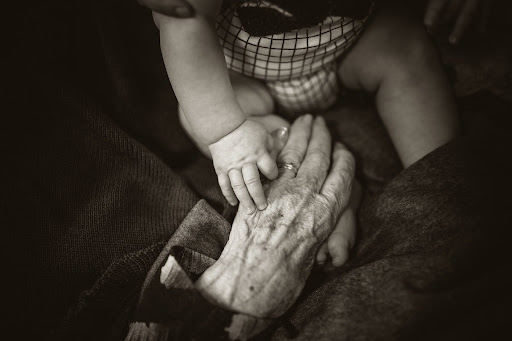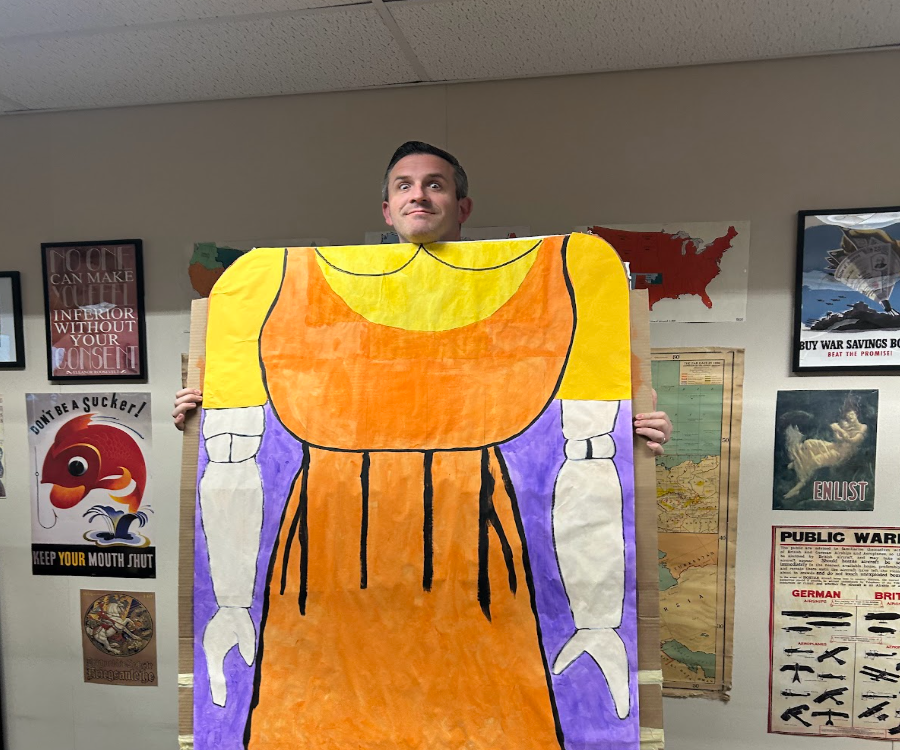Generational Trauma: An Unwelcome Fixture of Gen Z
Students from across the board deal with the effects of familial choices and issues

Photo from Ensemble Therapy’s article “What is Generational Trauma and How Can We Heal From It?”
October 17, 2022
After taking a poll of 110 teens, 84 answered ‘yes’ when asked the question, “Do you have generational trauma in your family?” This is a staggeringly high number of people who have dealt with some form of generational trauma. Generation Z has taken pride in being known for their progressive mindsets as they pave the way to become “better parents” for the generation to come. However, how does this generational trauma affect teenagers, and do they plan to diminish it?
The student’s biological father left her life at an early age. As she grew up with surrounding mother figures such as her grandmother, aunt, and mother, she still lacked a father figure. This led to conflicting emotions, as she sometimes felt independent and confident, but at other times, more closed-off and dependent on her mother. The student also found herself more open to romantic relationships as a direct consequence of her biological father leaving. The student’s mother told her later on that her biological father’s father had left him as well. Her biological father frequently attempted to come back into her life for short periods of time. This not only affected her, but her siblings as well, leading to them wanting to have no relationship with their father. Luckily, their stepfather entered the picture, allowing them to have a father figure in their lives later on. By this continuation of abandonment, she hopes to break the chain by finding someone who has better morals and plans to stay for her family and provide a happy and healthy home. The consequences of her biological father led to a multitude of complex emotions, but by having a stepfather take over as her father figure, she is able to see a reversal of this generational trauma and hopes to end it once she has her own family.
After interviewing Bryant Pennington shared that his generational trauma dates back to his great-grandmother. Pennington’s great-grandmother was an Italian immigrant who came to the United States, however she was mishandled by many. This led to her suicide shortly after giving birth to his grandmother. Pennington’s grandmother suffered from severe bipolar disorder, leading to her taking her life when Pennington was only 3-years-old. His father developed depression and temperamental issues, which directly resulted in the same issue for Pennington. He states that he often feels a complex variety of negative emotions such as depression, anger, and self-doubt due to his father’s behavior. Bryant hopes to put an end to this because of the effect it has made in his life, and is going to therapy to help cope.
These are just two of the 110 students who were included in the poll that have some form of generational trauma. Both have shared their vulnerabilities, and have overcome challenges caused by their generational trauma. However, both are teenagers who are trying their best to cure their generational trauma.


